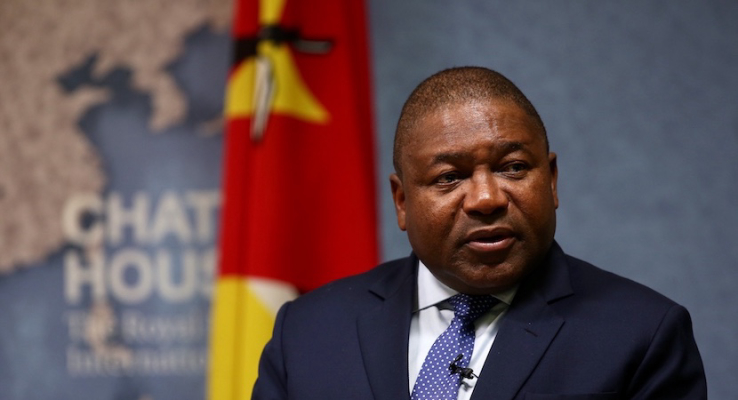Oil prices surged as Brent crude oil appreciated to $88.42 a barrel while U.S. West Texas Intermediate (WTI) crude climbed to $83.36 a barrel.
The uptick in prices comes as the U.S. dollar index dipped to its lowest level in over a week, prompting investors to shift their focus from geopolitical tensions to global economic conditions.
The weakening of the U.S. dollar, a key factor influencing oil prices, provided a boost to dollar-denominated commodities like oil. As the dollar index fell, demand for oil from investors holding other currencies increased, leading to the rise in prices.
Investors also found support in euro zone data indicating a robust expansion in business activity, with April witnessing the fastest pace of growth in nearly a year.
Andrew Lipow, president of Lipow Oil Associates, noted that the market had been under pressure due to sluggish growth in the euro zone, making any signs of improvement supportive for oil prices.
Market participants are increasingly looking beyond geopolitical tensions and focusing on economic indicators and supply-and-demand dynamics.
Despite initial concerns regarding tensions between Israel and Iran and uncertainties surrounding China’s economic performance, the market sentiment remained optimistic, buoyed by expectations of steady oil demand.
Analysts anticipate the release of key economic data later in the week, including U.S. first-quarter gross domestic product (GDP) figures and March’s personal consumption expenditures, which serve as the Federal Reserve’s preferred inflation gauge.
These data points are expected to provide further insights into the health of the economy and potentially impact oil prices.
Also, anticipation builds around the release of U.S. crude oil inventory data by the Energy Information Administration, scheduled for Wednesday.
Preliminary reports suggest an increase in crude oil inventories alongside a decrease in refined product stockpiles, reflecting ongoing dynamics in the oil market.
As oil prices continue their upward trajectory, investors remain vigilant, monitoring economic indicators and geopolitical developments for further cues on the future direction of the market.

 Forex3 weeks ago
Forex3 weeks ago


 Naira2 weeks ago
Naira2 weeks ago
 Billionaire Watch2 weeks ago
Billionaire Watch2 weeks ago






 Naira3 weeks ago
Naira3 weeks ago






 Naira2 weeks ago
Naira2 weeks ago


 Naira1 week ago
Naira1 week ago




 Naira4 weeks ago
Naira4 weeks ago






 Naira1 week ago
Naira1 week ago




















